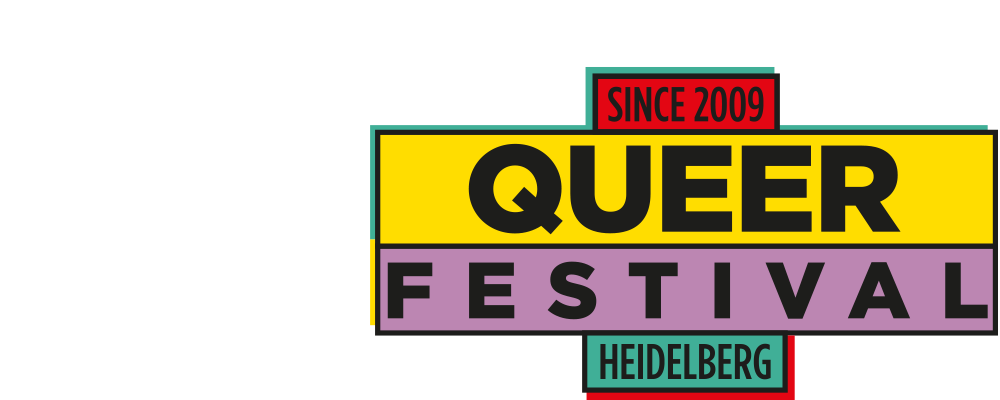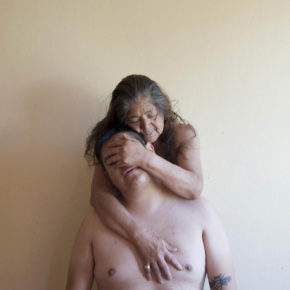
Diego Moreno
My parents rejected me because of my homosexuality. I could escape from the violent relationships of their home and grew up with my maternal grandmother Clemencia. My grandmother knew how to raise me through fantasy and her unconditional love, despite the rejection of most of my family.
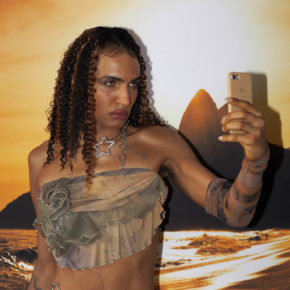
Elsa Kostic
XYX-XO is a sexual chromosome I imagined. It can be endlessly reinvented. Out of all control, it allows infinite exploration of the self. The topic of this project is to question the notion of gender and identity through transformation. I approach it as a dialogue with the models. They are free to represent themselves the...
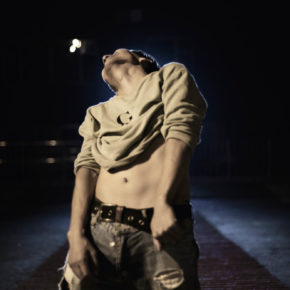
François Silvestre de Sacy
In China, every little thing seems to be under control. A direct control, through cameras, millions of eyes watching you, and an indirect one, via traditions and information control. Homosexuality is neither criminalised nor considered as a mental disease anymore. Still. “I’d love to, but I can’t be part of your project”.
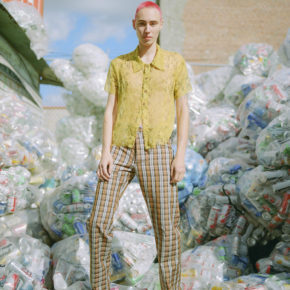
James Emmerman
I met most of my early subjects in 2014, while photographing queer nightlife in New York. In 2017, I began to bring the people I had met into my studio, at daylight. Since then, my portraiture has remained centered on the queer community. Part of my interest in photographing this community stems from being a...
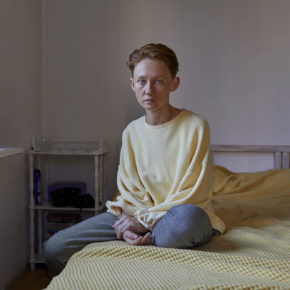
Ksenia Kuleshova
I’m drawn to the strength of people’s characters. Their passion for life and love inspires me. I’m looking for real feelings, sincere and pure emotions. Something that is beyond words, something metaphorical.
In my series Ordinary People I explore the ability of ordinary people to enjoy the moment and value the happiness and joy of...
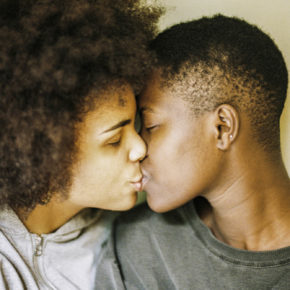
Lydia Metral
In 2014 I started to take intimate portraits of young queer people. As a lesbian woman, I am very interested in meeting likeminded people. My intention is to show them as they really are, building an intimate space, forged in their image, where they can express freely.
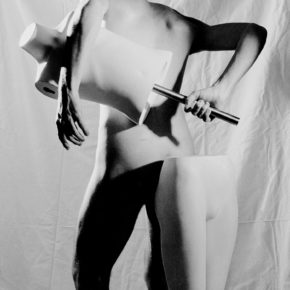
Matthieu Croizier
This project investigates the concept of ordinary monstrosity, unravelling the boundaries between what is thought of as normal and abnormal. Since the 19th century the staging of “freaks” was essential and images were manipulated to play a vital role in reinforcing the norm.
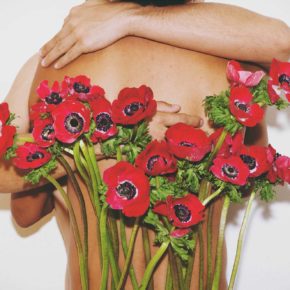
Naraphat Sakarthornsap
The day I confided in someone about my sexuality, they took my story and spread it around for fun. This both hurt my feelings and tainted my identity. My trust became gossip. I decided to turn to my childhood friends, my old teachers and even strangers that I had never met before.
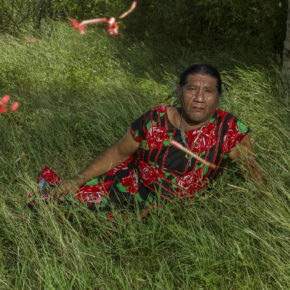
Nelson Morales
For almost 40 years, the Muxe community of Oaxaca has struggled to be visible and win their own spaces. The Muxes, beyond considering themselves men or women, have transcended the idea of gender to identify themselves as a third gender, and they are always in search of beauty.
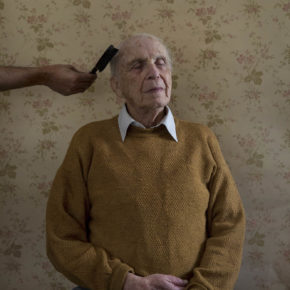
Oded Wagenstein
Research has shown that elders in the LGBTQ+ community are more likely to experience loneliness, exclusion, and fear of turning to health and welfare services. The men pictured in this series, all over seventy, identify themselves as gay and live in Israel.
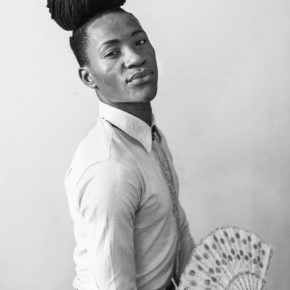
Raymond Dakoua
As a straight photographer I felt drawn to this subject because the number of LGBT political refugees in Belgium is fast growing. These people had no choice but to leave their countries of origin, so I wanted to explore the realities they left behind.
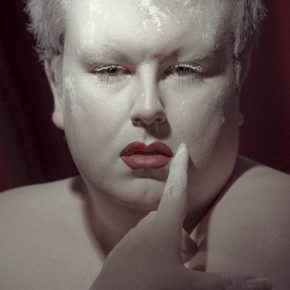
Studio Prokopiou
This selection of single images are taken from various projects from 2016 to 2020 sharing the common theme of self invention of unapologetic queer identities. These are portraits of outsiders as icons. Queer individuals who choose to construct their image to be visibly queer by blurring and challenging the boundaries of gender expression, sexuality and...
